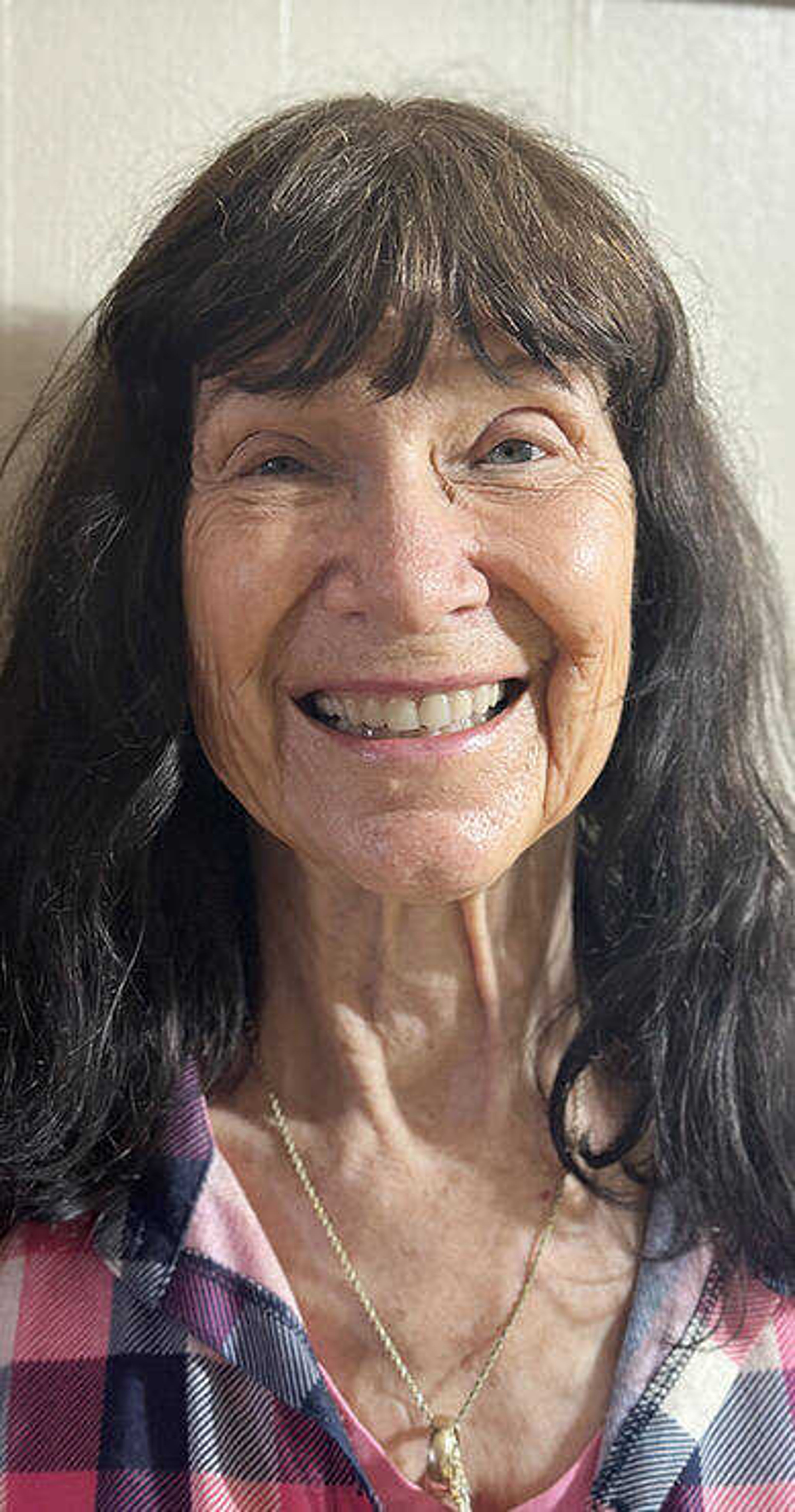Don't be too busy to live
Living, to live, to have life. What do those words and phrases mean to you? We think we know what living means to us, but does everyone have the same expectations about life? Does living simply mean "drawing our breath?" Well, that is probably the first and most important part of the definition--but what are we doing while we breathe? What quality of life do we have? Do we spend the biggest part of our days and nights trying to be productive, and what do we mean by being productive? That question varies, according to whom you ask. ...
Living, to live, to have life. What do those words and phrases mean to you? We think we know what living means to us, but does everyone have the same expectations about life?
Does living simply mean "drawing our breath?" Well, that is probably the first and most important part of the definition--but what are we doing while we breathe? What quality of life do we have? Do we spend the biggest part of our days and nights trying to be productive, and what do we mean by being productive? That question varies, according to whom you ask. It's true that we need to have worthwhile jobs and goals to fill our time, and to perform duties that need to be done for our survival, but often, we run from one task to another without giving it much thought. We go from working, to chauffeuring kids to activities, to social gatherings, or whatever else we think we should do. But, do we actually have to accomplish those things in order to live, to really live? We often do not stop long enough to question whether we are enjoying what we're doing, whether it's necessary for our well-being, or if we're trying to convince ourselves that we're accomplishing something worthwhile.
Perhaps we're hiding behind our busyness to keep from reaching inside ourselves to see what and who we actually are, or whether we're truly happy and fulfilled in what we're doing. It's always so much easier to seek solace in a chore or activity than to face reality. Living or, to live, is much more than merely going through the motions of filling each day. Research shows that we tend to do whatever it takes to keep busy even if the activity seems meaningless to us. Dr Brene Brown, from the University of Houston, describes being "crazy busy" as a numbing strategy we use to avoid facing the truth of our lives. We like to see how much and how many tasks we've completed so that we feel that we've made some progress, but how many of us look back over our year and say, "Wow what a long list of tasks I've completed."
It's more important to look at what we're doing and measuring our productiveness by the quality of what we're doing rather than the quantity. We need to ask how what we're doing is impacting our mental and physical well-being. We can ask if our work is mentally stimulating, are we meeting new and interesting people, do we enjoy what's entailed in our work, or are we looking for our dreams to materialize sometime in the future? "Don't wait." Life is short and you can never make up the time you've lost. Heraclitus, supposedly said, "You cannot step into the same river twice, for other waters are continually flowing on." I took the time to ask if I'm too busy to visit some distant relatives, prepare some favorite dishes, have lunch with my friends and look for ways to help those that need it. If we keep waiting we will never experience our desires because other activities and duties arise to take their place. Time keeps rolling on. We ought to constantly ask if what we're spending hours on is worth the chunk of time it takes out of our life.
Being busy is definitely important, to a point, and doing what we must do to survive, is crucial, but as we go on breathing and living, we have to ask ourselves what living means to me? Is it satisfaction or simply existing, and ask if I am merely breathing with no joyful end in sight, or truly living and producing worthwhile and joyful fruits. It's never too late to make a change in our lifestyle, or begin something new to initiate a more satisfying life. Is our time well-spent or time that's wasted? We are to enjoy what and where we are in life, or at least have a goal. Make time to enjoy. Genesis 2:2 says that God rested upon completion. Rest enables us to move forward, remain productive and enjoy things, so don't be so busy you can't determine if you're living or merely breathing.
Connect with the Southeast Missourian Newsroom:
For corrections to this story or other insights for the editor, click here. To submit a letter to the editor, click here. To learn about the Southeast Missourian’s AI Policy, click here.










